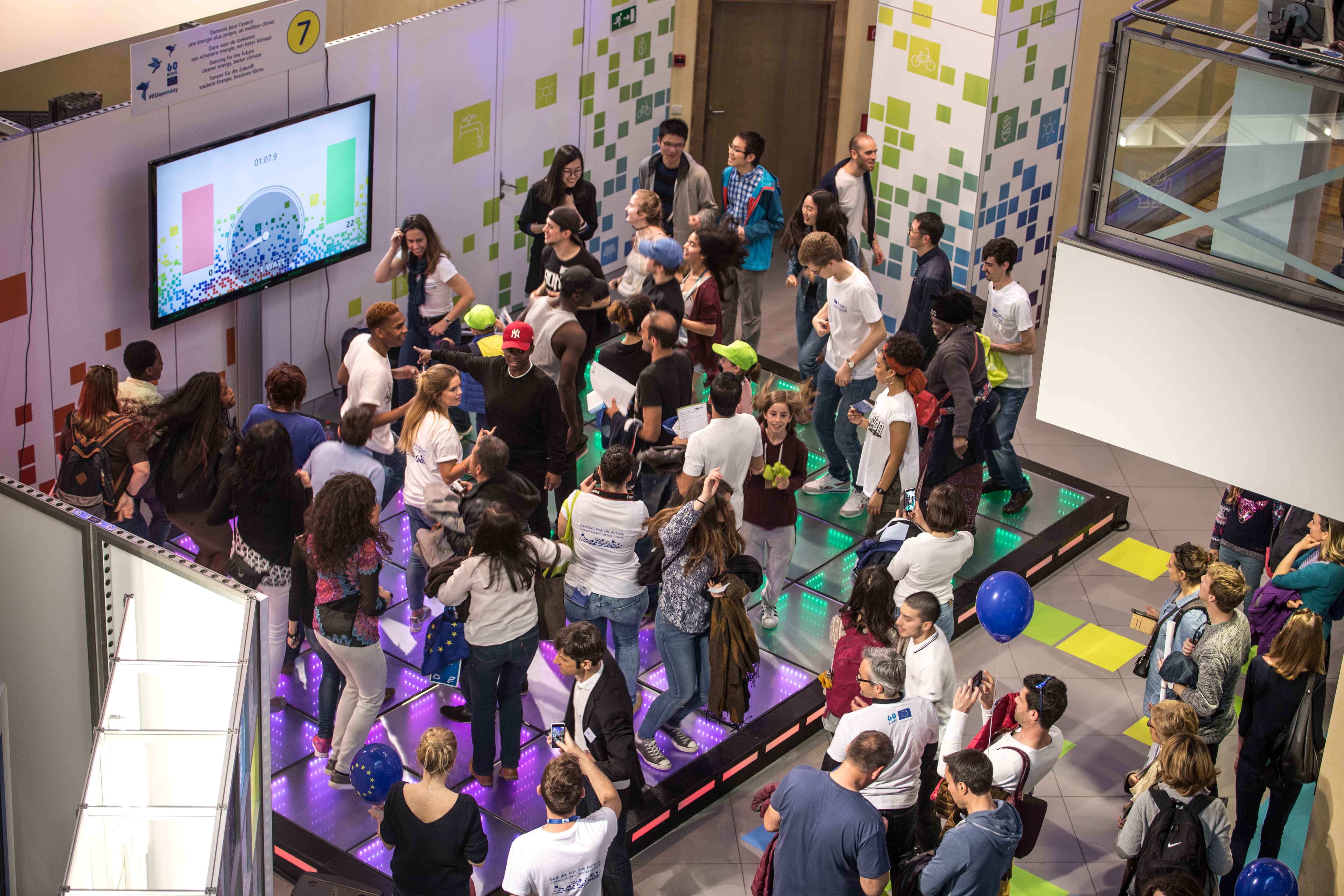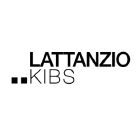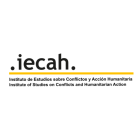WORKING WITH DG ECHO VISIBILITY | 2021 - 2027
MEDIA OUTREACH
This section explains the application of EU visibility and communication requirements in media-related activity.

Credit: ©EuropeanUnion
PRESS RELEASES
It is highly recommended to issue a press release at the start and at the conclusion of a project. A press release can be issued inside the EU and/or in the beneficiary country/region, as relevant for the concrete project.
The press release is to display the EU emblem as well as that of the Partner. Joint logos are no longer used.
The press release text must clearly state that the project is funded by the European Union. Preferably, the text includes tangible figures/examples of the (expected) impact of the project, such as the number of beneficiaries. Technical language should be avoided.
Where relevant, press releases can include a quote by a EU representative (for example, the relevant experts/Head of DG ECHO Office/Head of Delegation in the field or from a DG ECHO staff member at the headquarters in Brussels).
This quote will be provided to the Partner by the Regional Information Officer, in coordination with DG ECHO’s Communication Unit. The Partner must send the dra# press release to the Regional Information Officer as early as possible prior to publication. Quotes by EU representatives must always be approved by DG ECHO prior to publication, thus more time should be allowed for this.
Press releases may also include the contact details of a relevant EU representative for follow-up questions by media (Regional Information Officer, press officer of the EU Delegation). The contact person must be approved by ECHO.
Partners are also invited to include the following text at the end of joint press releases:
About EU Civil Protection and Humanitarian Aid: The European Union and its Member States are among the world's leading donors of humanitarian aid. Relief assistance is an expression of European solidarity with people in need all around the world. It aims to save lives, prevent and alleviate human suffering, and safeguard the integrity and human dignity of populations affected by disasters and human-induced crises. Through the Directorate General for European Civil Protection and Humanitarian Aid Operations of the European Commission, the European Union helps millions of victims of conflict and disasters every year. With headquarters in Brussels and a global network of field offices, the EU provides assistance to the most vulnerable people on the basis of humanitarian needs.
INTERVIEWS
When speaking to the media on EU-funded projects, the partner should aim at acknowledging the partnership with the European Union and explain the tangible results achieved thanks to EU funding.
In emergency situations, if EU funds are envisaged, this fact should also be acknowledged in contacts with the media.
Partners should:
- inform the relevant DG ECHO field office in advance about media interest in the project and provide the names of the media organisations and journalists concerned;
- advise journalists who to contact at DG ECHO (Regional Information Officer) for further details.
PRESS CONFERENCES
Whenever a press conference is organised in the context of an EU-funded humanitarian project, the European Commission – through the DG ECHO headquarters, the DG ECHO field office and/or the relevant Delegation - must be informed in advance and be invited to participate. Partners also must acknowledge the role of the EU.
JOURNALISTS’ VISITS
Media visits to EU-funded projects are eligible for funding under the visibility budget of projects.
For such visits, Partners must ensure that:
- DG ECHO – including the Regional Information Office - is informed well in advance to allow for input and enable efficient and effective planning
- journalists are offered the opportunity to interview a DG ECHO expert in the field the EU's support is visible through panels, stickers etc.
- Whenever journalists visit EU-funded projects, Partners must ensure that the EU's role as the donor is fully acknowledged and explained.
Partners are encouraged to share with DG ECHO relevant press clippings following an EU-funded media visit.




